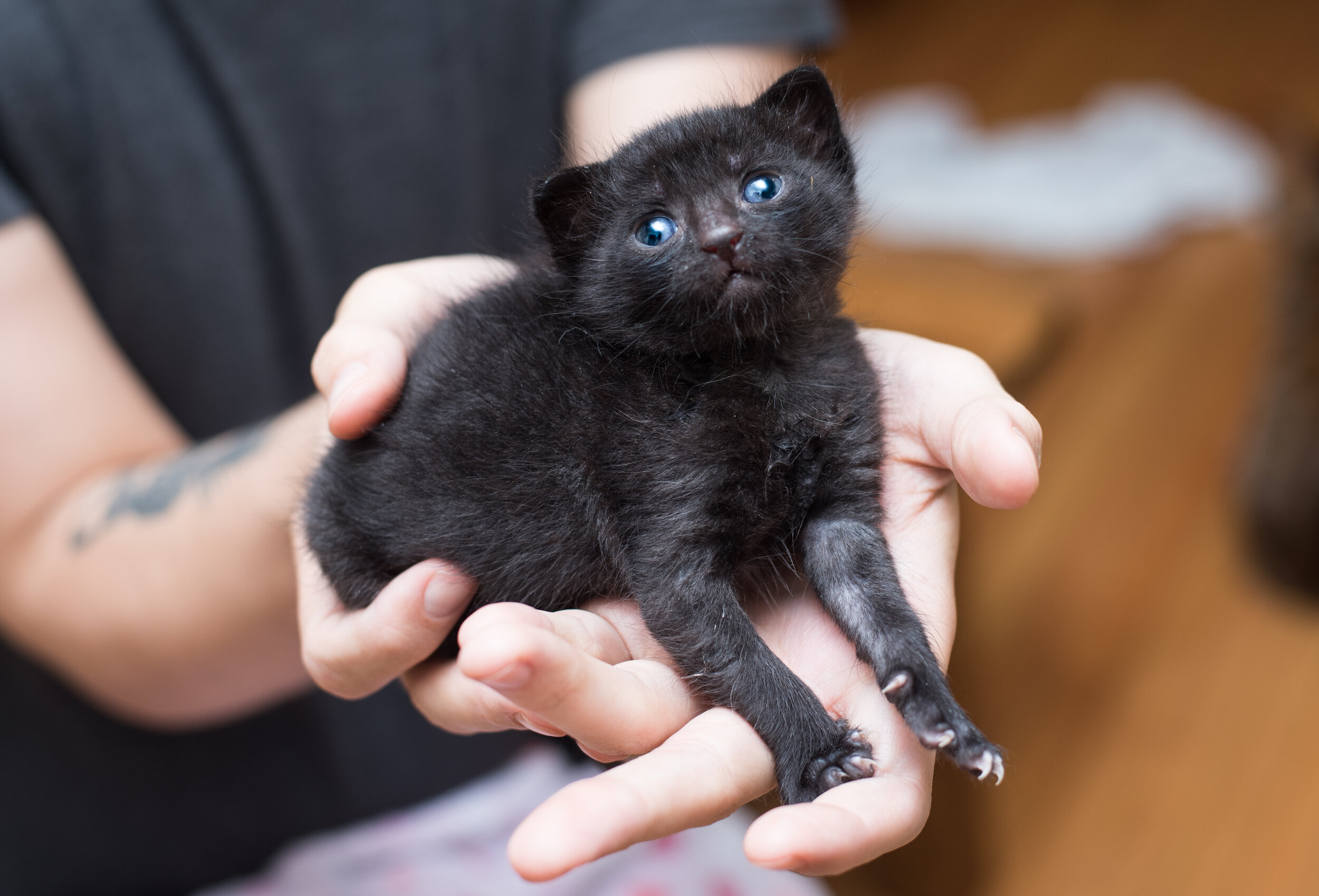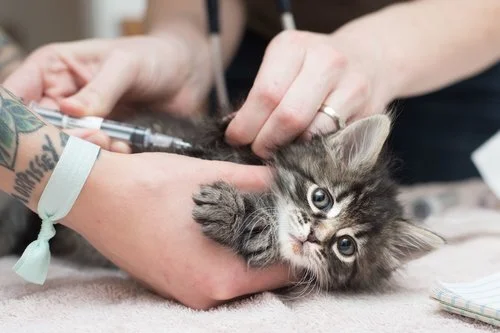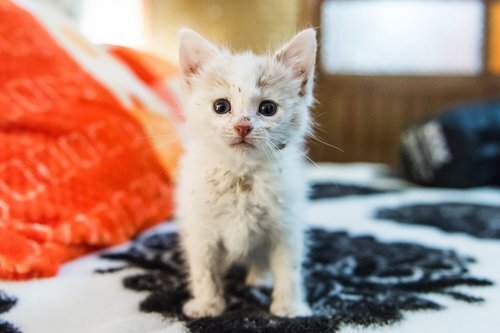Picking the Right Adopter
Adoption Counseling
If you’re fostering through an animal shelter or rescue group, they will likely have an adoption counselor who conducts the application and interview process for your adoptions. In this case, your involvement in the adopter selection will vary depending on the program. Many programs allow you to simply return the kitten at 8 weeks and the full process is handled by the shelter! Other programs require your participation in the adoption process from your home.
If you’re fostering on your own without the support of a program, you’ll need to take on the role of adoption counselor yourself. This will ensure that you’re doing your due diligence and helping the kitten end up in a great, loving, responsible home. Adoption counseling means you’ll be screening your inquiries, following up to learn more about potential candidates, and selecting the most suitable home.
Screening Questions
A great home is one that will treat the cat as a member of the family, making a lifetime commitment of 20+ years and taking on the responsibility of providing humane and loving care for the duration of her life. Each kitten will have different needs, so you’ll want to take into consideration which adopter will provide the best life for the individual kitten.
The best way to determine if a prospective adopter is a good fit is to start with a screening process, which involves asking initial questions to determine if a person might provide a good home. This screening process can be accomplished either through an online application, or through a series of written questions you can post or email to interested parties. Some sample questions include:
Do you have other animals in the home? Please describe.
Have you ever surrendered an animal to an animal shelter?
Do you intend to have the cat declawed?
Describe a typical day in your home for the cat(s).
It may help to ask a trick question such as “what will you do if you can no longer keep the cat(s)?” This question helps to gauge a person’s commitment—ideally the response will be that it would be extremely unlikely, and that they intend to keep the cat for the duration of her lifetime. The answers to these questions will quickly paint a picture of who the applicant is, making it easy to immediately determine which homes are not suitable. If there are no red flags, it’s time to move onto phase two—a phone call.
Following Up
Once you've got a few potential adopters, I recommend making note of any follow up questions you have based on their initial responses, and having a more in-depth conversation on the phone. For instance, if a person had a great application, but you’re concerned because they mentioned that they may move out of the country in the future, you’d want to follow up and talk to them about whether they would plan to take the steps necessary to keep the cat with them during that transition. Remember that adoption counseling is like coaching—you want the right person on your team, but it’s also OK to give advice to help them become the best fit that they can be. After your phone call, you may elect to either move forward with the adoption or set up an in-person playdate before deciding you've found your match!
Adoption should occur once the animal has been spayed/neutered and vaccinated. If this is not possible, you may choose to have the person sign on as a “foster-to-adopt,” allowing them to foster the kitten until she is of age to be spayed, and to adopt her after. This is only advised in cases where you are certain that the adopter will complete the medical care, and a signed contract is strongly encouraged.
What Makes a Good Home?
You'll know best what your kittens need, but in general, these are the basic things to look for in an adopter:
Stability
An independent, stable and mature adult with steady income to cover the cost of care
A home where pets are allowed (no college students living on campus; young adults still living with family should have the family's permission to adopt)
Commitment
A solid commitment to 20+ years with the cat; a mental framework that cats are part of the family
A home that will bring the cat with them in the event of a move
Compassion
A humane approach to animals, with no signs of abusive or neglectful behavior (no declawing, breeding, or other harmful treatment.)
A home where the animal will be treated with attention and care; no homes with excessive numbers of animals or with especially chaotic environments
While you may have a dream home in mind, remember that sometimes perfection can be the enemy of the good--it can be a bad thing to have expectations that are so specific that they exceed reality and you never find the kitten a home at all! Instead, find someone who meets the kitten's needs as best as possible, and move forward. Feel proud of yourself for giving the kitten the best head start possible!




